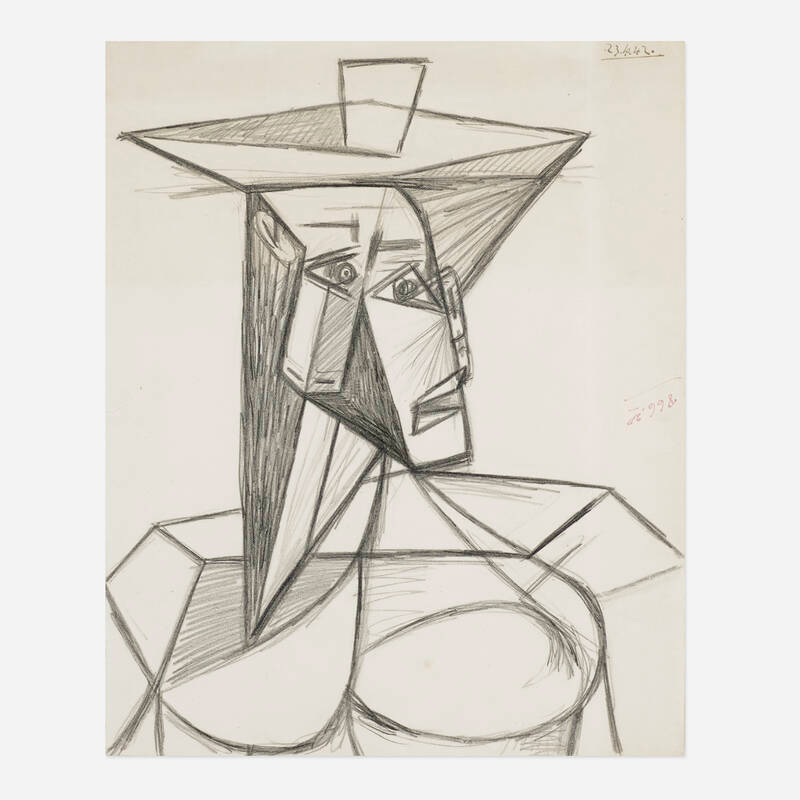There was no doubt: It was a lump.
Or, to be more precise, a thickening that hadn’t been there before. Right there, in my left breast.
Oh, no.
I kept going back over it and over it, on several subsequent mornings, in the shower.
How could this be?
You see, three years ago, after a diagnosis of early-stage breast cancer, I had made the decision to have a double mastectomy, followed by reconstruction.
That simple sentence belies what actually happened: An extensive surgery with a much longer healing time than I’d anticipated. Uncomfortable and messy surgical drains that stayed in for weeks. The spacers, put there to stretch my remaining skin to accommodate eventual breast implants, became infected, so there was a monthlong detour that also involved weekly infusions of heavy-duty antibiotics, which didn’t actually stop the infection. Which led to another surgery to clean out the infected tissue and replace the spacers. Eventually, yet another surgery to place the implants.
But by late 2023, it was over, for better and worse. Better, because of the relief I felt that I could cross breast cancer off my list of existential worries. Worse because, well, implants are implants, and I wish I’d never had to decide to have my breasts amputated in the first place. (Sorry, but that’s what happened.)
So the idea that something might have recurred was so frightening that it took me a day or so to name it, even to myself.
***
I want to stop this story a minute to tell you why I’m writing about this now.
As I have thought about aging — my own and others’ — for this column, I have come to understand a little better why older people sometimes spend so much time talking about their medical conditions. Unless we are spectacularly lucky, by this age we’re all dealing with something, or have come through some medical storm or other. Sometimes multiple storms.
I certainly have, though I like to think that I don’t do what I remember my grandparents doing at the age I am now, which is starting each conversation with a detailed medical update.
What I’m interested in now is what’s different about my reaction this time, compared to what happened when I was in my 30s, when I first had a potential cancer diagnosis, and then again over the last decade.
Not that I wasn’t frightened there in the shower, but I didn’t stop breathing, the way I had in years past. I didn’t try to pretend my symptoms were imaginary. I thought intentionally about what I should do, who I should call, who I should tell and how soon. I felt almost cushioned by my medical past, knowing that I knew how to ask questions, call doctors, insist on answers — and fast.
I also didn’t try to muscle through alone.
When a friend asked during a routine check-in phone call what was going on in my day, I told her. When my husband tried to comfort me by telling me not to worry, instead of getting mad and stomping away, I told him as calmly as I could that I actually WAS pretty worried, and he responded with just the hug I needed.
I was already set to see my plastic surgeon for a routine check-up appointment the week after I found the lump, and she immediately sent me for an ultrasound; I set up an appointment with my breast cancer doctor the same day. I know how incredibly privileged I am to have access to just the doctor I need when I need it. I’ll never take that for granted, no matter how frustrating the back end (insurance, etc.) can be.
As I pulled into the breast imaging center parking lot, my nerves gave way to something else: Anger. I had gone through hell so that I wouldn’t have to come there regularly again, and here I was? Really? Still, it felt almost righteous to acknowlege that anger.
Later, as the ultrasound tech asked questions about the details of my cancer surgery as she peered at a screen I couldn’t see in a darkened exam room, suddenly tears were pouring down my face. I felt in my bones the hours I had spent there over the years, especially right before my big surgery, and the trauma of it all came flooding back.
And I let the tears flow. Why not? It WAS traumatic. No wonder my body remembered.
That’s the point, I see now. We are all a gathering of our experiences, and, at least in my case, those hard-won lessons give me the courage to keep moving forward, feeling my feelings and asking for what I need. I was very lucky, time after time, that my cancer was caught early and surgery was readily available. I would never be smug enough to pretend I feel this courageous all the time, but I have tried to learn to be brave. In some ways, I feel like I’ve been learning my whole life.
***
In the end, the thickening I felt was actually a feature of my saline-filled breast implant, which is slightly more prominent beneath my fingers these days because I have lost some weight.
Once I actually heard the radiologist, I almost laughed. REALLY? Well, okay.
The feeling that washed over me then wasn’t exactly relief, though there was some of that.
It was gratitude. Deep, deep gratitude.




Thanks for sharing your very personal experience. And glad for the final conclusion. 🙏🏻
—Mary Fortin
Whew! So glad this turned out the way it did. You are damn tough!!